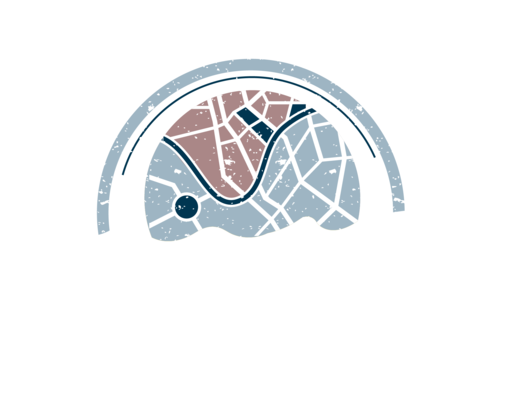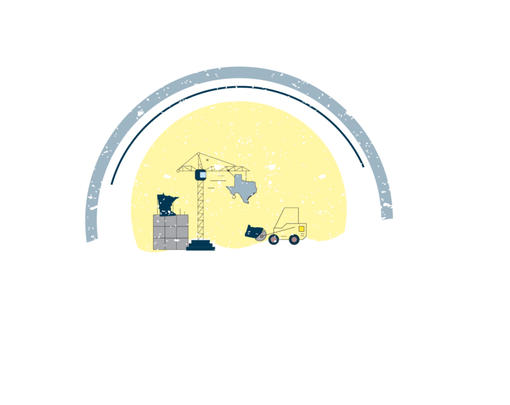Why is community important to the pluralist commonwealth?
Reconstituting a culture of community—the sense that “we are all in it together”—is a necessary precondition for any real solution to many of our pressing national problems. We need to establish a CULTURE that understands that inequality, in the long run, hurts everyone and that understands that collective community-building solutions—grounded in hard effort, compromise, and even sacrifice—are necessary if we are to aspire to anything beyond the continuing hollowing out of our democracy and the degradation of our shared environment. A sense of community that is inclusive is essential—one that is open to difference, rather than fueled by fear of the other and driven by resentment and the logic of exclusion.
Community, in short, is what is missing as an organizing principle from both corporate capitalism and state socialism—both institutionally, and in a deeper philosophical sense. As early as 1949, the philosopher Martin Buber argued that these well-known traditions were already at a dead end.1 He urged a slow and deliberate reconstruction of local, cooperative community economic institutions in a long march to a different culture and a different future.2 Later in the 20th century, social theorist Murray Bookchin made community the central category of his “libertarian municipalism,” based on a recognition of the ultimate insufficiency of workers’ interests alone, collective or not, to ground a truly progressive politics.3 Centering the principle of community in the design of an alternative economic and political system requires a recognition that it is not enough to simply move in the direction of more democratic workplaces. Perhaps half the population of any real life community are the elderly, the young, stay-at-home spouses, the infirm, and many others who cannot be defined or reduced to a role in the workplace. New institutional approaches that begin by including everyone are one requirement. Another, and more profound step, involves self-conscious efforts to reach out, to include, to understand difference, and to personally cultivate new relationships that recognize our mutual interdependence and that move beyond politics and institution building.
What are institutional mechanisms aimed at undergirding rather than undermining community in a Pluralist Commonwealth?
Community is so central to the Pluralist Commonwealth model that, in fact, it might alternatively be named “a community-sustaining system.” It is the foundational role of community—both in relation to institutions and culture—that distinguishes a Pluralist Commonwealth from other alternative proposals focused more exclusively on social democracy or workplace ownership or new systems of finance or social welfare. Moreover, community is the linchpin of the institutional design of the larger commonwealth conception; without this lodestar and its supporting structures, closely related to DECENTRALIZATION, the systemic proposal under discussion risks being misunderstood as no more than a collection of good projects and good ideas at various levels.
Building a system which values the community as a whole requires a commitment to place—the interests of different groups are not primarily or exclusively resolved at an abstract, national level, but in the first instance must be built into the basic institutions of community life. Attention must accordingly be paid to how communities are stabilized within the larger system. What is done regionally or nationally has to nurture the space for community and its institutional matrix to grow and develop, without the threats of displacement or industrial collapse associated with a globalized market system. Hence, PLANNING plays a key role in establishing the necessary conditions of community. In addition to stability, such planning—by reducing transit times and the work day itself—can insure that individuals have the LIBERTY, by virtue of economic security and available free time to participate in community life. So too, it can provide a local economic environment important to individual entrepreneurial creativity. Finally, the restoration of community not only undergirds the possibility of a new culture and a new politics writ large, but the possibility of a radically different relationship to the ecological reality in which we live.
What current developments point towards the restoration of community as a central category?
It is encouraging to see urban development swing away from the dispersed, atomized models of suburban living and swing back towards compact urban cores, designed around walkability, proximity to the workplace, and access to a rich diversity of commercial services. Of course, without planning based upon the principles of justice, such developments can exacerbate the inequities carved into our cities by decades of disinvestment, primarily in communities of color. In response, a new paradigm is slowly beginning to emerge which underscores the inseparability of community development and democratically-owned and controlled economic reconstruction. Without building the institutional framework to keep wealth local, encourage participation, and root ownership of the economy in the communities it currently locks out, New Urbanism risks creating a mere simulacrum of true community.
Another area of development involves criminal justice. The tragic deluge of black men and women killed and tortured by police officers across the country has prompted new calls for community policing and restorative justice at the community level. This is a recognition that without institutions which take as their starting point the value of shared, place-based co-existence, it is all too easy to police neighborhoods as if they were an enemy to be subdued and controlled rather than communities to be protected.
See also:
CULTURE, DECENTRALIZATION, PLANNING, LIBERTY
Further reading
Community-Wealth.org, The Democracy Collaborative.
Martin Buber, I and Thou, (Mansfield Center: Martino Publishing, 2010 [1937]).
Murray Bookchin, “Muncipalization: Community Ownership of the Economy” in Green Perspectives 2 (1986).
- 1 Martin Buber, Paths in Utopia, trans. R.F.C. Hull (Reprint, Boston, MA: Beacon Press, 1958 [1949]).
- 2 Martin Buber, Paths in Utopia, trans. R.F.C. Hull (Reprint, Boston, MA: Beacon Press, 1958 [1949]).
- 3 Murray Bookchin, “Municipalization: Community Ownership of the Economy,” Green Perspecitves 2 (1986), accessed November 2, 2016.





























